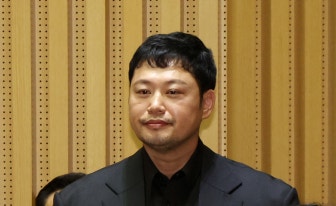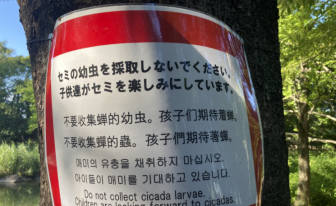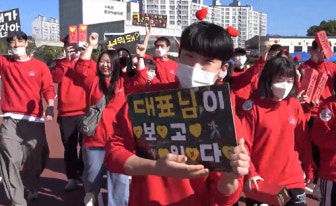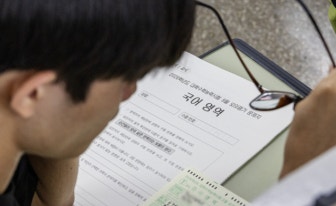[NEWS ANALYSIS]
The presidential office has ordered a fact-finding probe into a recently finalized nuclear power deal with the Czech Republic, clouding the outlook for both the 26 trillion-won ($18.7 billion) contract and future exports of Korean reactors.
The directive, announced by presidential spokesperson Kang Yu-jung on Tuesday, came after the revelation that the state-run Korea Hydro & Nuclear Power (KHNP) and Korea Electric Power Corporation (Kepco) agreed to provide U.S. energy firm Westinghouse with procurements and royalties worth about 1.14 trillion won per nuclear reactor, which was first reported by The Seoul Economic Daily on Monday.
“There were essentially two main orders," the spokesperson said. "First, address public doubts surrounding the nuclear power plant export deal with the Czech Republic. Second, verify whether the negotiations and contract signing were carried out following the law and principles, and whether proper procedures were observed.”
A damper ahead of U.S. summit
Observers believe the leak of the secret clause itself could deal a severe blow to Korea ahead of President Lee Jae Myung's first summit with U.S. President Donald Trump in Washington on Aug. 25.
“I expected the U.S. summit to become a platform where we could extend areas of cooperation to nuclear power plants on top of the defense and shipbuilding cooperation outlined in the tariff deal," said Yun Jong-il, a nuclear and quantum engineering professor at KAIST. "But news surfacing about a secret contract like this is a definite negative.”
The controversial clause — which KHNP, Kepco and the Industry Ministry have refused to confirm, citing the confidential nature of the agreement — was part of the settlement between the two Korean power companies and Westinghouse to end an intellectual property dispute brought by the U.S. competitor.
The January settlement stipulates that KHNP and Kepco must sign a goods and services purchase contract worth $650 million per reactor and pay $175 million in technology royalties for each reactor sold overseas over the next 50 years, according to the media report.
Korea Hydro & Nuclear Power CEO Whang Joo-ho defended the deal, saying that the condition was bearable.
"The level is still bearable while we could still make a profit," he told lawmakers during a committee meeting at the National Assembly on Tuesday.
The conciliatory action was born out of a broader memorandum of understanding titled "Inter-Agency MOU on Principles for Korea-U.S. Nuclear Energy Exports and Cooperation," which was signed by Korea's Trade Ministry and Foreign Ministry and the U.S. Energy Department and State Departments on Jan. 8.
The MOU ensured “the two countries’ mutual dedication to maximizing the peaceful uses of nuclear energy under the highest international standards of nuclear safety, security, safeguards and nonproliferation,” according to a joint statement released on Jan. 9.
Call for national interests
Despite criticism that the condition was unfair, experts and industry players in the nuclear power field warn against politicizing the issue.
“Given the global expansion of the nuclear energy market, it is unrealistic for Korea to dominate every project on its own. Nuclear exports are often carried out through consortia involving multiple companies,” Yun said, expressing concern regarding a “political approach.”
“There are also areas where Westinghouse has capabilities that we do not — for example, nuclear fuel supply. Looking ahead, Korea and the United States need to build a framework for close cooperation and joint engagement in future nuclear exports. That’s the most pragmatic and strategic path available to us for now,” the professor said.
Some argue that while such a clause was far from ideal, it was probably the most viable alternative under the circumstances where Korea’s nuclear exports had been stalled due primarily to the former Moon Jae-in administration’s policy direction and legal disputes with Westinghouse.
“Back then, Korea’s nuclear exports had effectively been put on hold, and the agreement was, at the time, the best possible option to break through the deadlock,” said a source in the local nuclear power industry.
That didn't stop companies taking part in or related to Korea’s Czech nuclear consortium from taking a beating on Tuesday.
Shares of Doosan Enerbility, a nuclear power manufacturer and a consortium member, plunged by 8.6 percent in the day's trading, while Kepco lost 5.32 percent.
























































.png?type=nf190_130)


.png?type=nf190_130)